LGBTQIA+ and Counterprotesters Clash During 14th Daegu Queer Culture Festival
October 26, 2022
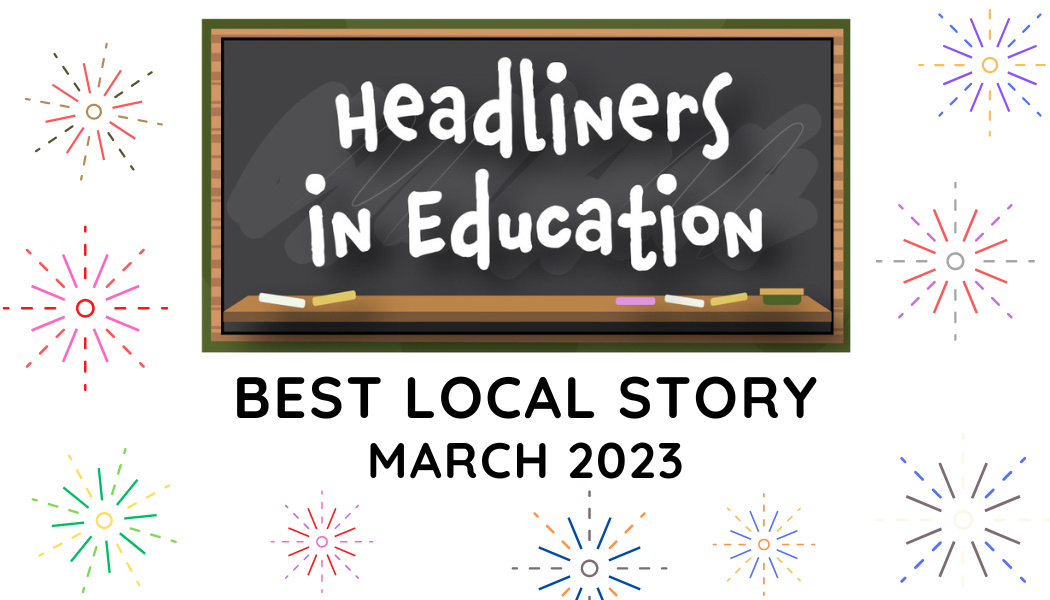
Hosting the slogan, “Queer is a trend,” the 14th Daegu Queer Culture Festival (DQCF) took place on October 1st, at Dongseong-ro. The event consisted of a booth event, a pride parade, and several performances. This was the very first large-scale Daegu Queer Culture Festival in three years, ever since the COVID-19 outbreak.
In this October event, with COVID regulations loosening further, approximately two thousand people were able to participate. The queer community also tried to make the experience more inclusive for the public and had a series of planned informative seminars starting on September 15th.
However, the well-intended event to support a minority group was tarnished by the anti-queer protest that was planned by several religious groups and a parent association (the Daegu-Gyeongbuk Parents Association to Protect Future Generations). Under the guise that the Pride Parade is hindering the local economy, parents and zealots came together to stage an anti-protest. They claimed that the queer community was unrightfully stopping public transport for 10 hours, disturbing the public on a busy Saturday.
To this, Kevin, a senior who was hanging out with his friends downtown when the anti-homosexuality protest took place, commented that they just seem to be making up reasons for the sake of going against the queer people.
Leo, a senior who was also at the event, added, “The notion that there would be an anti-LGBTQIA+ meeting did not even occur to me. Frankly, I was kind of appalled. I was surprised that they would make such radical, incorrect statements in public.”
The protesters wore the same T-shirts printed with an image of an “ideal family” and words such as “Against Homosexuality”, “Against Anti-Discrimination Laws” or “Escape from Homosexuality.” With such blatant homophobic slogans, the protesters congregated at the fences and verbally disparaged the Pride Parade participants as they went by.
An anonymous DIS student, who participated in the queer parade, responded, “I was, at first, afraid that they might attack us, but then later, I realized that there were so many police officers and their [anti-protesters] numbers were nothing compared to ours.”
Thankfully, as they note, there weren’t any physical clashes during the October 1st Pride Parade. With the tension rising even prior to the actual march, the police department distributed around a thousand officers and eleven SWAT teams. While this ensured the physical security of the paraders, human barricades were not enough to prevent offensive comments.
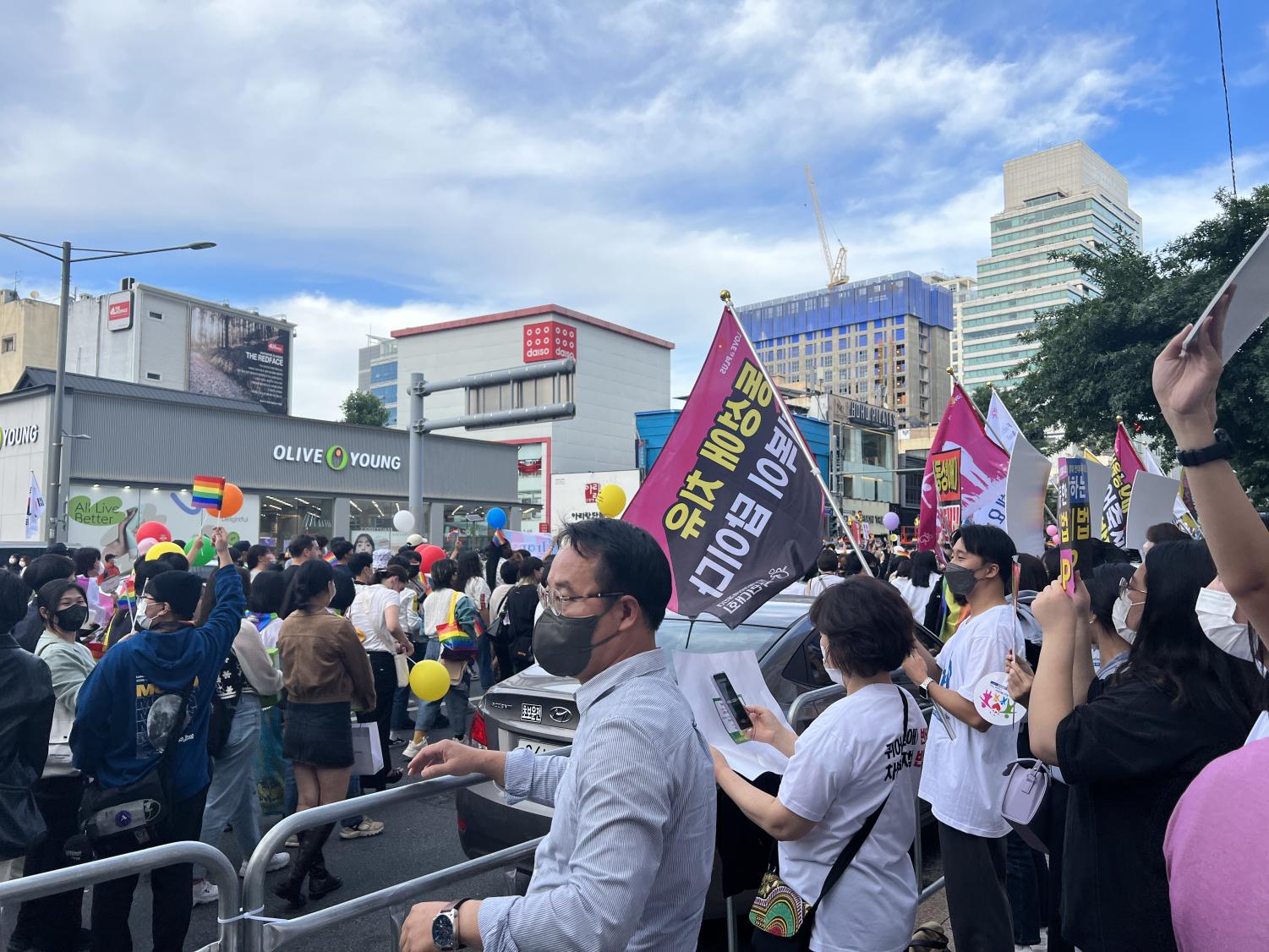
As Leo commented, “If a separate group directly hurts or harms your way of life, then you can have a right of defense, but people unrelated to you, loving other people unrelated to you, is not something for you to be mad about.”
This cannot be more true. The right to free speech or opinion is not an excuse when you are disregarding others. Just because one is different from the mainstream does not mean that people can go against another.
Anonymous raises the fundamental question: “How do they expect us to change our identity?” The main clash arises because people refuse to understand the LGBTQIA+ community. During the anti-protest, many would disparage queers to “change” themselves to fit the socially accepted identity. However, one’s gender and sexuality are not something that one can consciously revise.
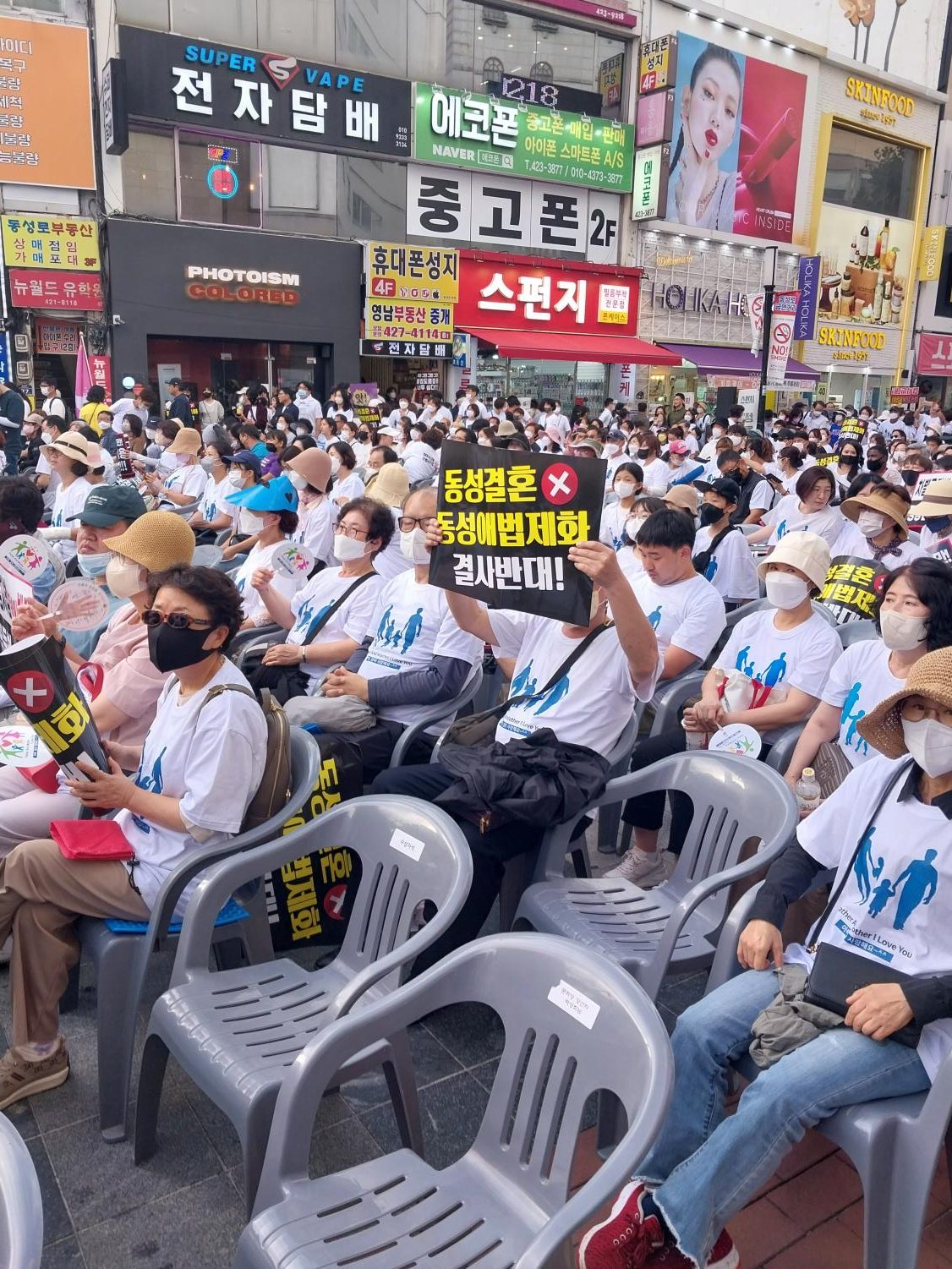
Anti-queer protesters even went as far as to falsely accuse the pride community of instigating the recent monkeypox influx. History, unfortunately, repeats itself. Similar to how AIDS was branded as a “gay plague,” monkeypox is being used as a way to attack sexual minorities. It seems as though haters are forgetting the simple concept: correlation does not mean causation.
South Korea is notorious for its conservative opinion of the LGBTQIA+ group. Opposition and hate against the queer community have been a recurring problem ever since the start of the first Queer Culture Festival in 2009.
Other LGBTQIA+ events, such as the Seoul Queer Culture Festival and the Incheon Queer Culture Festival that took place from July 15 to July 3, and on October 15th, respectively, were also subject to counter-protests from religious and parental organizations.
Especially in such a conservative country, events that serve to raise awareness and provide support groups are integral. It gives a chance for closeted individuals to explore their gender identities and safely accept their differences.
Anonymous explains that this was a valuable experience for them, as it allowed them to access a larger community where they could find a new support group and friends who can empathize with their situation. The notion that there would be an anti-LGBTQIA+ meeting did not even occur to me. Frankly, I was kind of appalled. I was surprised that they would make such radical, incorrect statements in public.
The notion that there would be an anti-LGBTQIA+ meeting did not even occur to me. Frankly, I was kind of appalled. I was surprised that they would make such radical, incorrect statements in public.
Attitudes towards sexual minorities have indeed improved over the years. There is more media coverage and people are more knowledgeable about these matters, but we still have many lengths to go – all the more reason why events such as the Queer Culture Festival should continue on.






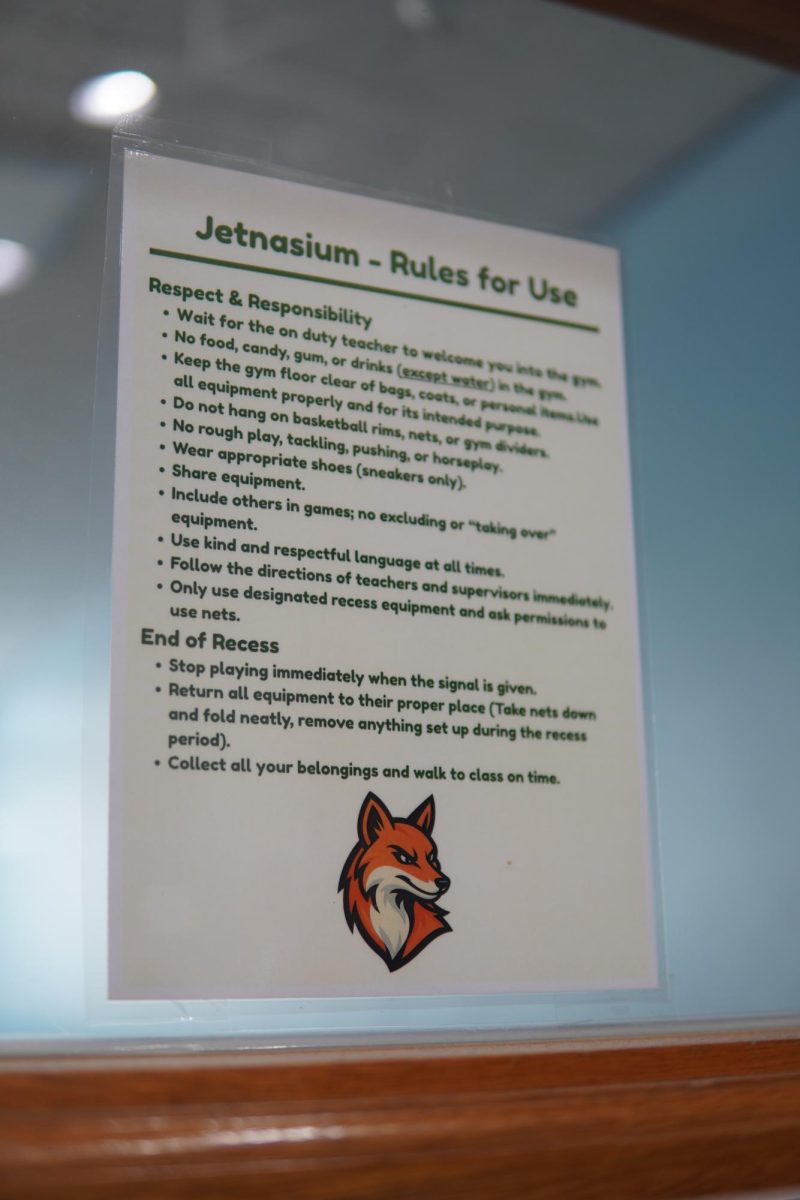








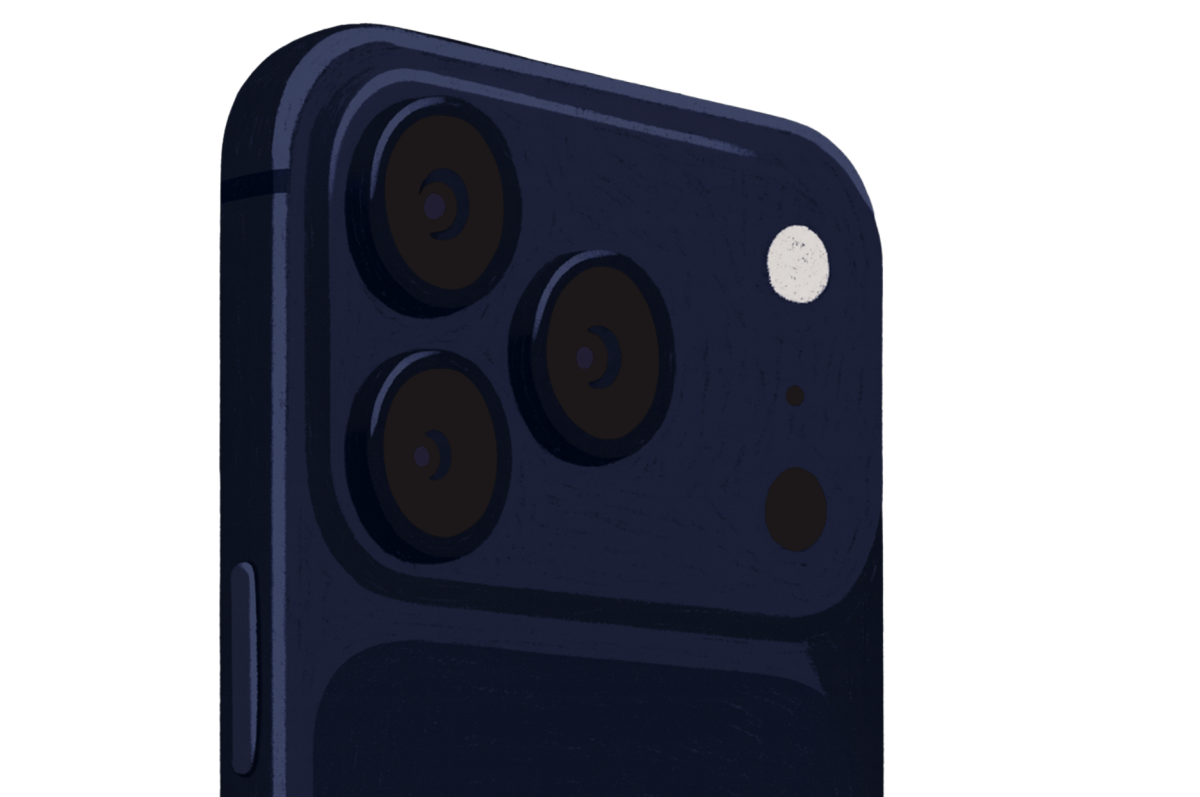
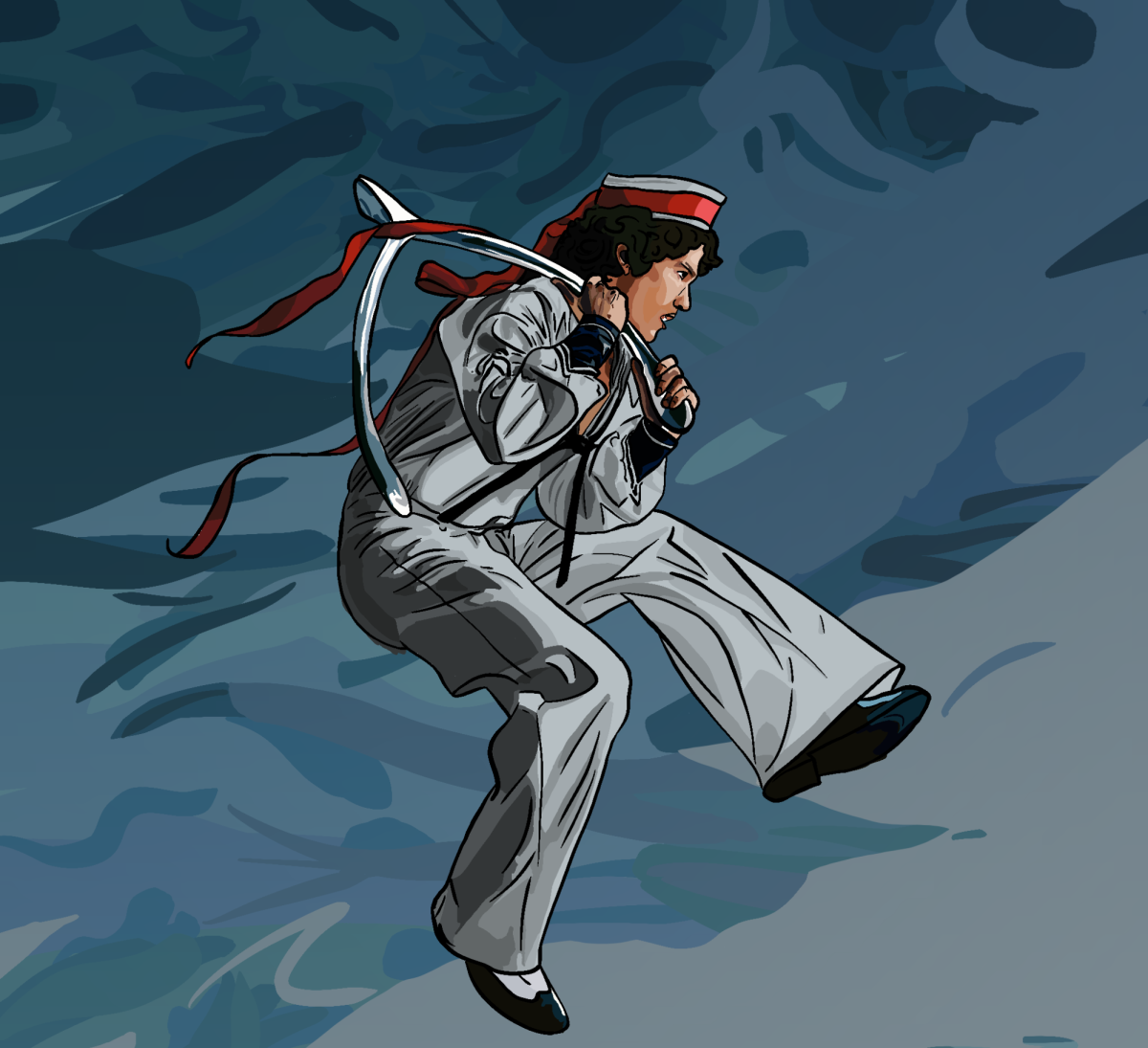
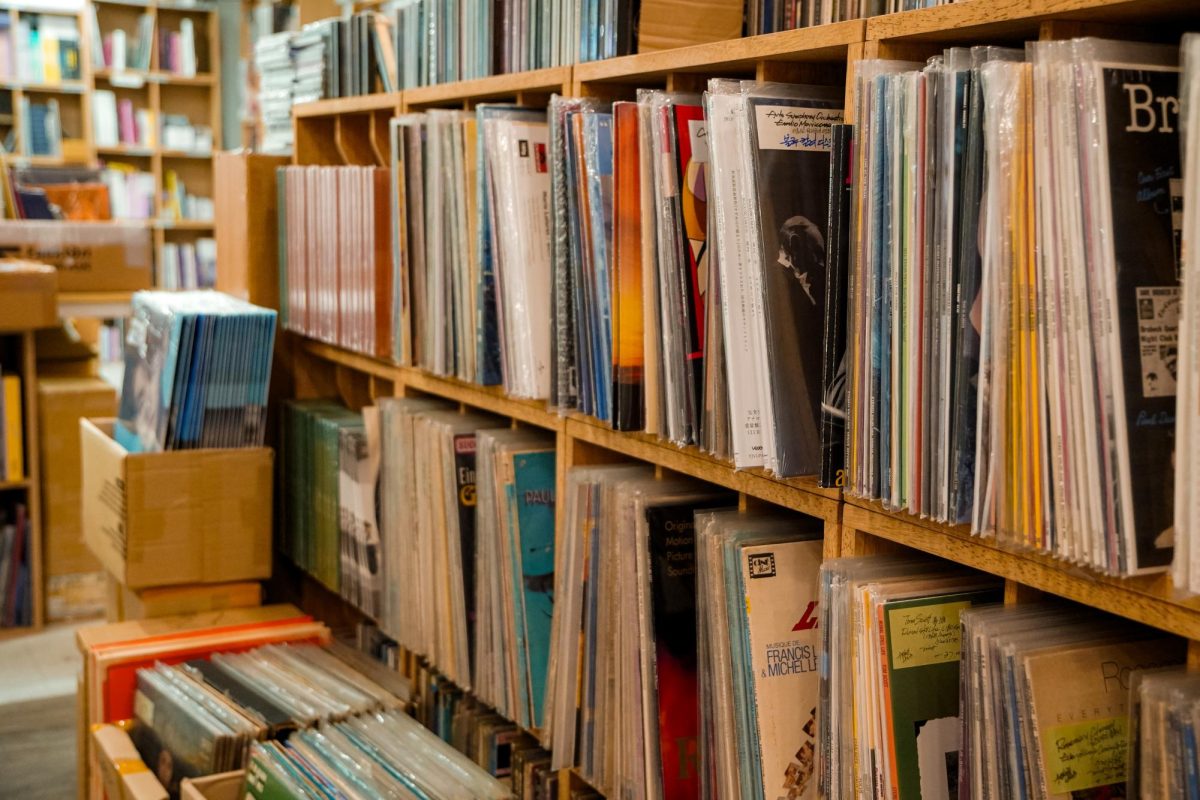
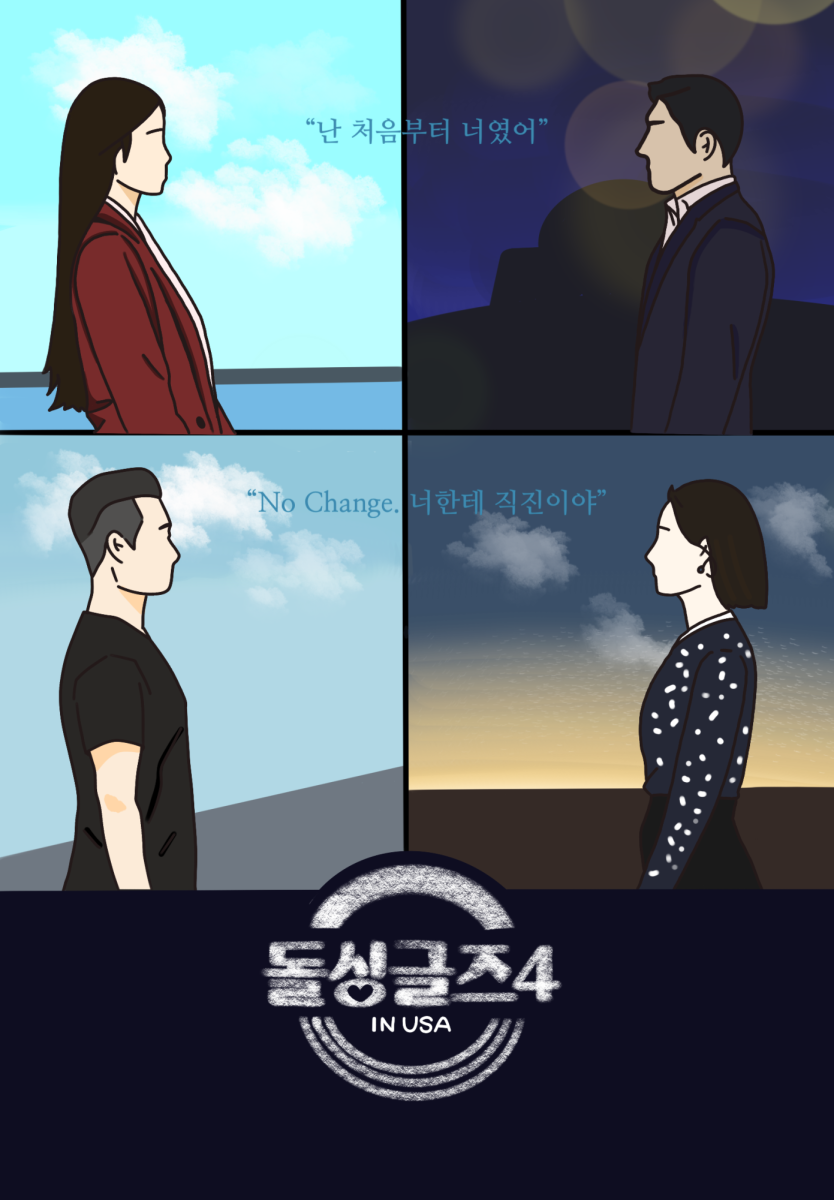


















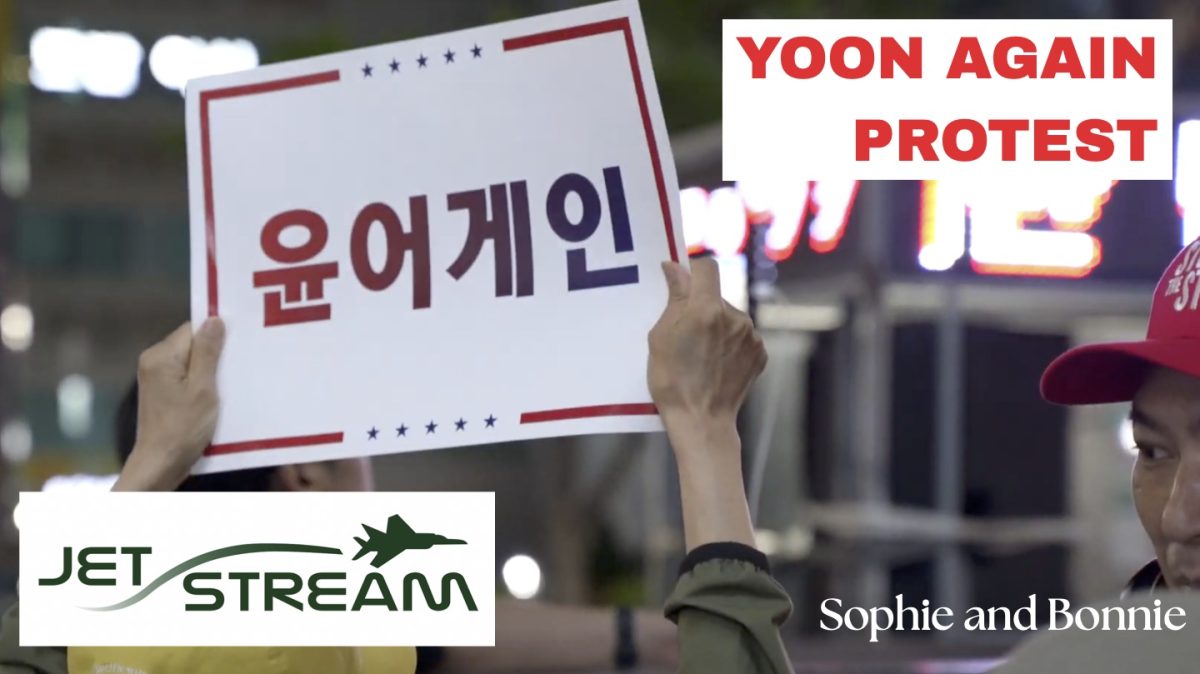











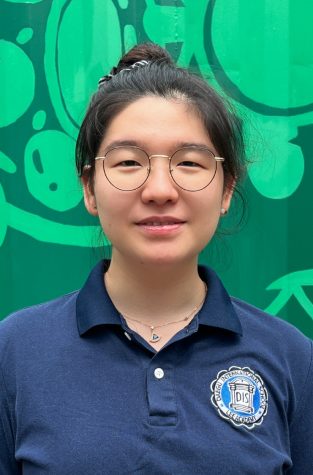

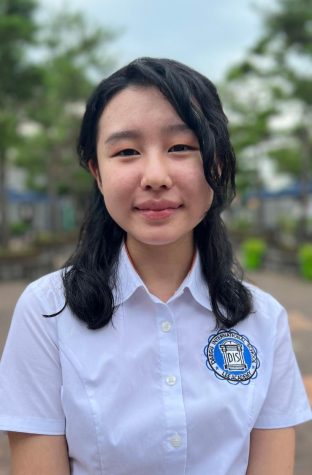
Betty Lee • Nov 10, 2022 at 6:40 pm
I think misinformation works as a GREAT factor in this case. People are preached wrong information, and I think they don’t even think to question it. I do think there’s a middle ground; we should voice these concerns in our community so that others can see the people covered in their own prejudice!
Jayden • Nov 10, 2022 at 6:40 pm
Stopping protests first of all isn’t nessesary, and also it was for LGBTQ+
Aiden Huh • Oct 27, 2022 at 11:33 pm
I can’t believe that people would go to those lengths to try and stop the protest for the LGBTQIA+ group.
Nick • Oct 27, 2022 at 7:25 pm
Nice pictures.